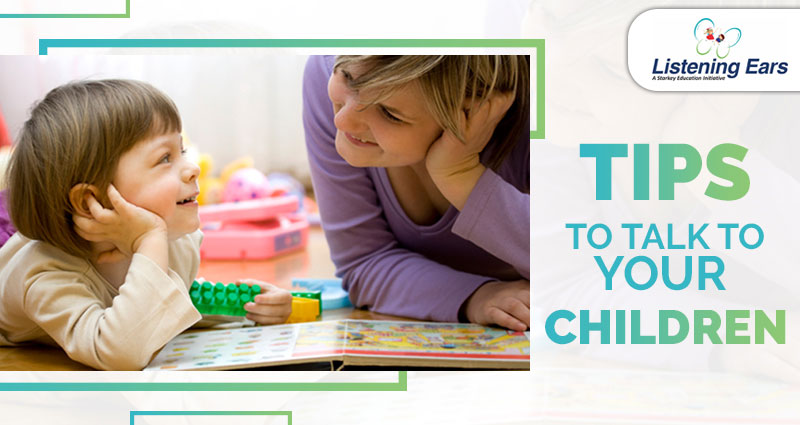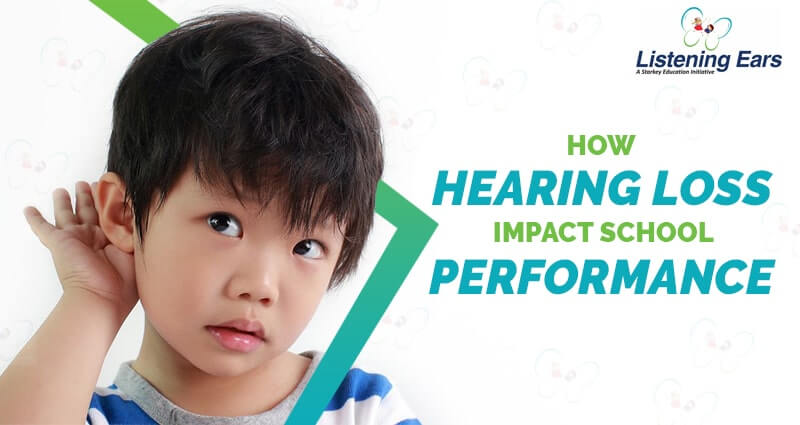Receptive Vocabulary Development in Deaf Children with Cochlear Implants
Visual Alerts
February 9, 2017Role of Speech-Language Pathologists (SLPs) in School setup
February 15, 2017Achievement in an Intensive Auditory-Oral Educational Setting
Objectives: Deaf children with cochlear implants are at a disadvantage in learning vocabulary when compared with hearing peers. Past research has reported that children with implants have lower receptive vocabulary scores and less growth over time than hearing children. Research findings are mixed as to the effects of age at implantation on vocabulary skills and development. One goal of the current study is to determine how children with cochlear implants educated in an auditory-oral environment compared with their hearing peers on a receptive vocabulary measure in overall achievement and growth rates. This study will also investigate the effects of age at implant on vocabulary abilities and growth rates.
Design: Repeated assessments using the Peabody Picture Vocabulary Test were given to 65 deaf children with cochlear implants who used oral communication, who were implanted under the age of 5 yr, and who attended an intensive auditory-oral education program. Multilevel modeling was used to describe overall abilities and rates of receptive vocabulary growth over time.
Results: On average, the deaf children with cochlear implants had lower vocabulary scores than their hearing peers. However, the deaf children demonstrated substantial vocabulary growth, making more than 1 yr’s worth of progress in a year. This finding contrasts with those of previous studies of children with implants, which found lower growth rates. A negative quadratic trend indicated that growth decelerated with time.
Conclusions: Growth curves indicate that children who are implanted by the age of 2 yr can achieve receptive vocabulary skills within the average range for hearing children.
The current study examined how implanted children educated in an auditory-oral environment compared with hearing peers on a receptive vocabulary measure (PPVT) in overall achievement and growth rates. We also investigated the effect of age at implant on vocabulary development. On average, implanted children had smaller vocabularies than hearing peers, but demonstrated substantial growth, making more than 1 yr worth of progress in a year. Age at implantation significantly affected vocabulary development. Growth curves indicated that children who are implanted under the age of 2 yr can achieve receptive vocabulary skills well within the average range for hearing children.




